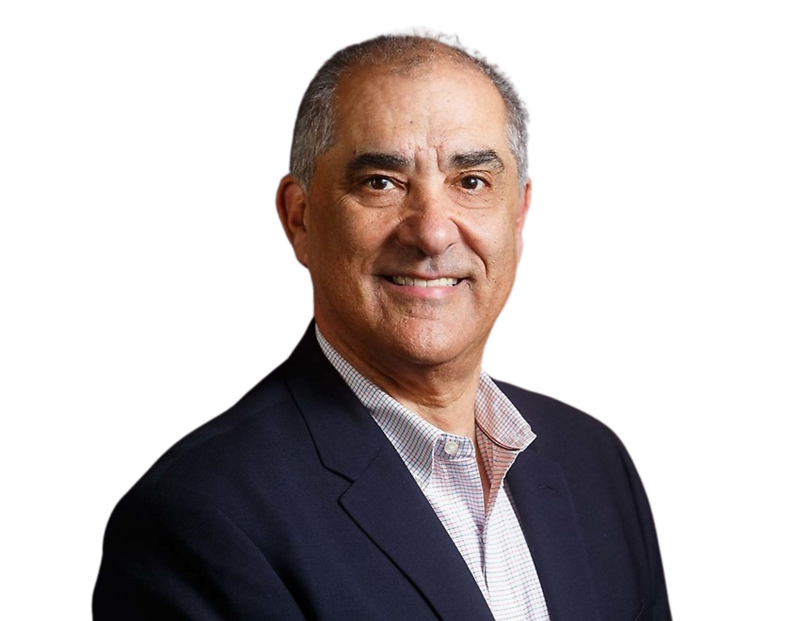The New England winter brings its usual charm in our neck of the wood, but for me, the excitement lies elsewhere - catching up on Oscar-nominated films before the big night. As the Oscar season approaches, I eagerly anticipate hosting my annual Oscar Party - a cherished tradition that brings together friends, family, fashion, film, and food. However, this year, the buzz surrounding the awards had a distinct undercurrent. The Academy's 2020 commitment to Diversity, Equity, and Inclusion (DEI) initiatives sparked a range of opinions regarding this year's nominees and the selection process.

While the usual discussions about fashion and best picture picks began the evening, the conversation soon delved into the crucial issue of representation, or the lack thereof, of diverse voices in Hollywood, particularly at the Oscars. One guest raised concerns about potential tokenism in the selection of certain films, suggesting they might solely fulfill a diversity quota. This sparked a lively debate, with another guest pointing out that the most nominated film, "Oppenheimer," with its predominantly white cast and elite setting, seemed to contradict the idea of genuine diversity.
The complexities of fostering diversity in filmmaking became a key focus. Some expressed frustration with the Academy's efforts, advocating for stronger incentives to encourage studios to produce diverse content. My daughter offered a valuable perspective, cautioning against mandated diversity because it can have potential limitations on creative freedom. Another criticism was the Academy's initiatives did not produce the diverse outcomes it intended since awardees of the coveted golden statue were not nearly as diverse as last year.

As someone actively involved in the DEI space for a decade, I found the shift from fashion critique to analyzing racial, gender, and cultural representation fascinating. Firstly, the Academy's intentional steps towards addressing representation through new DEI standards forced the industry to acknowledge a previously neglected aspect. This discourse extended beyond executives, sparking the audience to take note and discuss as well.
Secondly, the discomfort with change is understandable. Predictability offers a sense of ease. Therefore, when an institution like the Academy, historically criticized for a lack of diversity in nominations and awards, implements new representation-focused initiatives, diverse opinions are inevitable. And that is a good thing because it fosters meaningful participation toward solutions.
Thirdly, the current political climate surrounding DEI undoubtedly influences individual perspectives. However, fostering change requires sharing ideas and open dialogue, acknowledging that a "perfect" DEI policy doesn't exist. This journey necessitates continuous improvement, active listening, and adaptation. It will take many iterations before true progress can be had. Similar to what I advise my clients, focusing on progress over perfection allows us to view criticism as a learning opportunity.
A step forward toward a long road ahead
Despite differing viewpoints, a crucial point resonated: this year's Oscars showcased a more diverse representation of American society compared to the past. This undoubtedly marks a positive step. However, true representation and inclusion necessitate systemic transformation. This encompasses not just the studios producing films but also the Academy's nomination process, among other things. Initiatives like the Academy Aperture 2025 and the established inclusion standards represent a promising start, but the journey toward genuine inclusivity requires sustained effort.
As the Oscars night concluded, my hope this year is that my guests left with more than just memories of the glitz and glamour, or the delicious food and drink. They carried a renewed commitment toward continuing the conversation about DEI in other aspects of their lives, including their passion for cinema.
- Partner
With more than 20 years of experience—and as an immigrant herself—Punam brings both legal expertise and personal perspective to her counsel.
Her immigration practice includes working with U.S. companies—from startups to ...
Also on Sharpen Your FOCUS: Perspectives on Workplace Diversity
Sharpen Your FOCUS offers timely insights into the legal and practical dimensions of DEI, accessibility, and belonging in the workplace. Drawing from both employer and employee perspectives, we explore emerging topics, shifting legal interpretations, and the real-world impact of inclusive leadership. Thanks for joining the conversation.

















